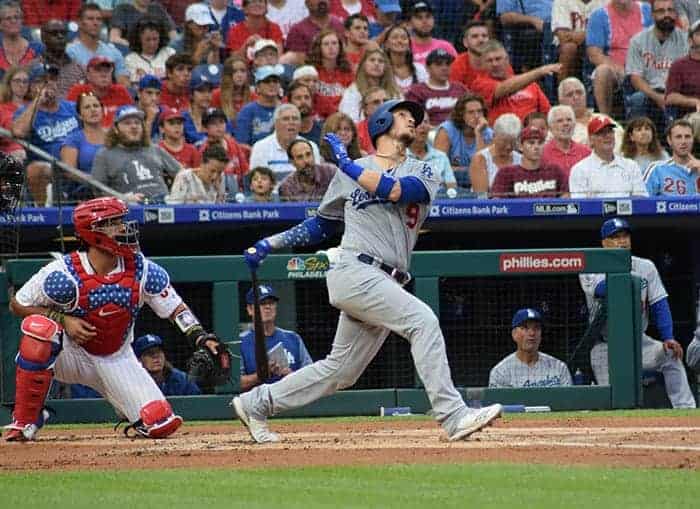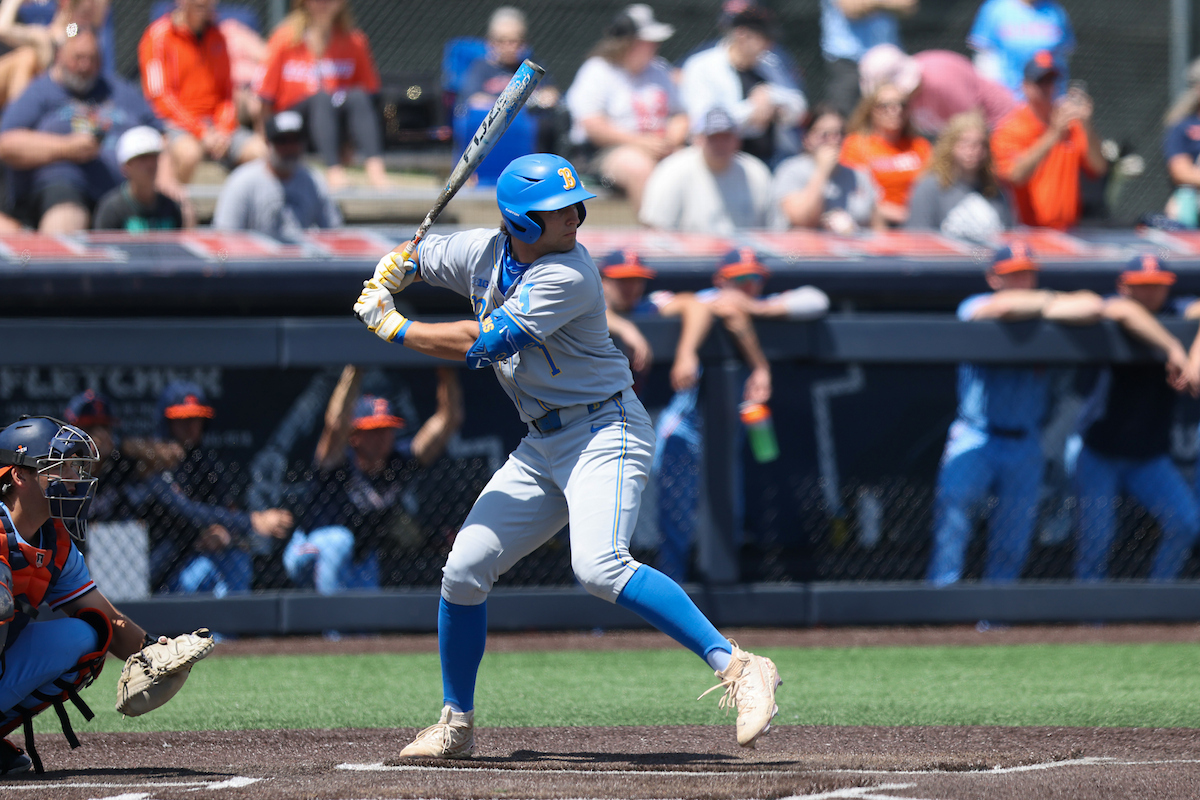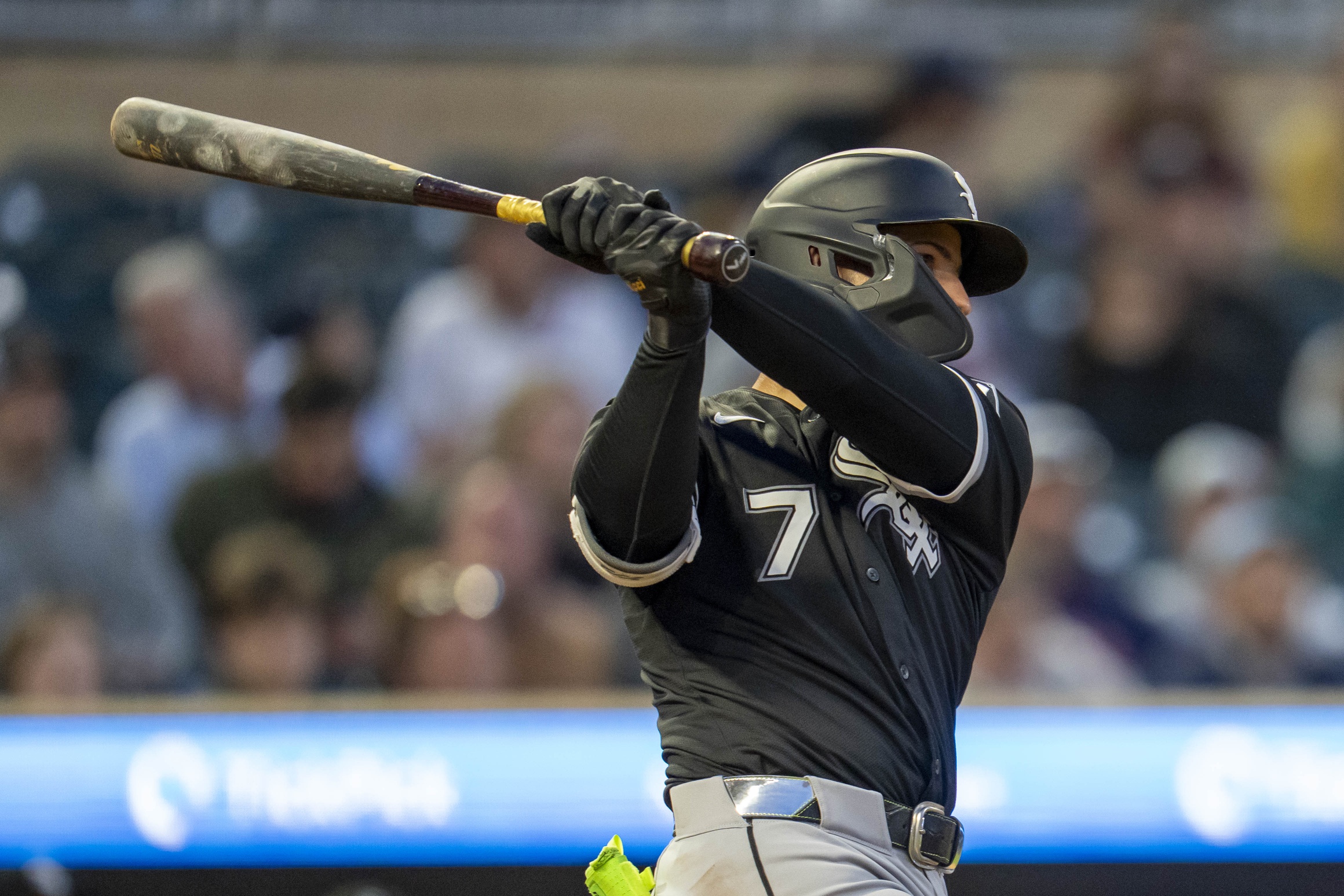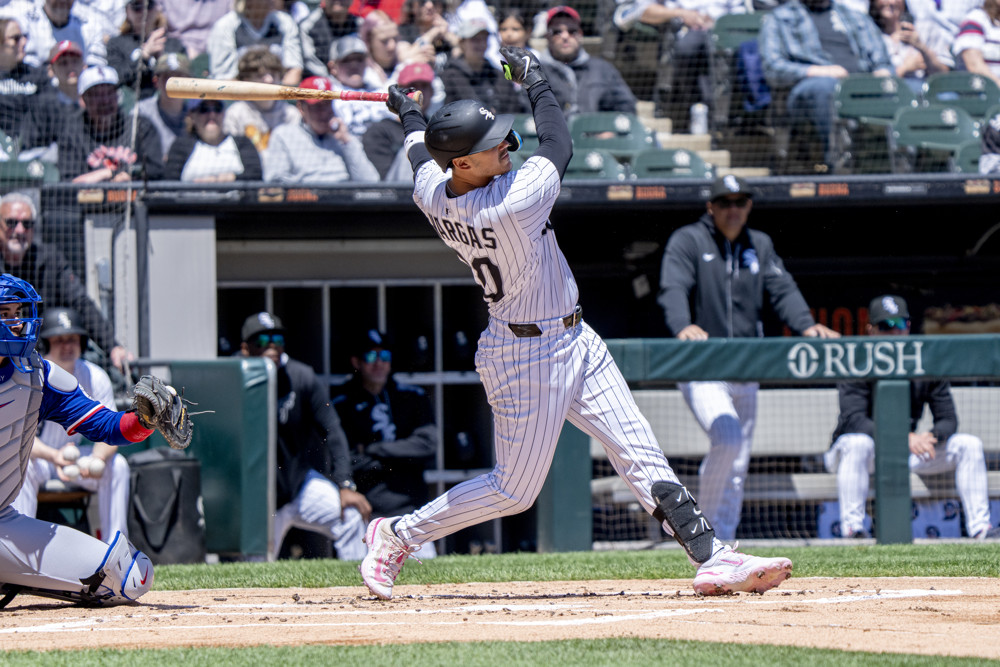It's been about two weeks since the White Sox signed Yasmani Grandal to a four year, $73 million deal and Jim wrote about how it was a sense-making overload for a fanbase that's been deprived of it. Between the Sox beating the market to a premium free agent, recognizing the unique value that said free agent provides to their organization, and showing themselves willing to upgrade over a cheaper, passable-but-flimsy incumbent, it all still feels surreal. The euphoria was dampened a bit by their failure to land Zack Wheeler, but the Grandal success brought back emotions that Sox fans have not felt in awhile.
There's no question that it's an excellent move, and inking Grandal should rate as a good idea regardless of how the next four years go. Viewed from that lens, I've been wondering where this decision ranks against the best moves the Sox have made this decade. Things like drafting Chris Sale or signing Jose Quintana as a minor league free agent would have a strong case if we're allowed to use hindsight, but it would have been difficult to forecast the boon either would provide when they entered the organization. Instead, I'm looking at this from the perspective of the quality of the decision at the time it was made. Here are the contenders I can see for this discussion.
Something-for-Nothing Robberies
June 24, 2012: Acquired 3B Kevin Youkilis from the Boston Red Sox for UTIL Brent Lillibridge and SP Zach Stewart
This one seemed too good to be true when the Sox pulled it off. It was obvious that the Sox weren't getting the star version of Youkilis, but given the state of the third base situation, getting a guy who could sniff league average was a huge upgrade. Brent Morel had turned the position into a sinkhole, and Orlando Hudson was just as bad when Morel succumbed to back injuries. Unfortunately, the 2012 White Sox sputtered late and never reached the promised land. Youkilis breaking down had a fair amount to do with that (.219/.306/.344 in September), but it was still unquestionably a great move to bring him in.
December 9, 2015: Acquired 2B/3B Brett Lawrie from the Oakland Athletics for LHP Zack Erwin and RHP J.B. Wendelken
The Sox had long-standing issues at both second base and third base, and this move seemed like another case of the Sox bringing in an average guy to solve their problems at minimal cost. One key difference from the Youkilis trade was the fact that Lawrie was young and still had some upside. Unfortunately, another key difference is that the low cost was in the form of unproven fringe prospects rather than proven rejects. While Erwin never reached the big leagues, Wendelken has had some success out of the A's bullpen in the last couple years. Still, there was nothing to dislike about this move when the Sox made it.
Despite both of these trades seeming like victories, neither ultimately had the trajectory-altering scope of bringing in a star like Grandal.
Needle-Moving Trades
December 10, 2013: Acquired OF Adam Eaton from the Arizona Diamondbacks in a three team deal for LHP Hector Santiago
The Sox sold high on Santiago and acquired Adam Eaton, a former B-grade prospect who hit well in a cup of coffee with the 2012 Diamondbacks but sputtered the following season, in part due to injuries. It was a good gamble that paid off handsomely, as Eaton's three seasons with the White Sox averaged 4.5 fWAR. When the trade was made, there was considerable risk that Eaton's bat wouldn't materialize, but Rick Hahn did extremely well to get a player this interesting for an asset as questionable as Santiago.
December 16, 2015: Acquired 3B Todd Frazier from the Cincinnati Reds in a three-team deal for RHP Frankie Montas, 2B Micah Johnson, and OF Trayce Thompson
Frazier was the perfect centerpiece of the 2015-16 offseason that the White Sox never decided to complete. The Toddfather had shown an ability to hit bombs and deliver 4-WAR seasons at a position that the Sox have generally failed to solve in the ten years between Joe Crede and Yoan Moncada. The cost of the deal seemed very manageable, and only now that Montas has shown some juice as a starter (rather than the reliever we all thought he'd be) can one look back on any semblance of regret.
Compared to trading for Eaton, signing Grandal gets you a star who's already established a high level of play, making him lower-risk. When measured against the Grandal signing, the Frazier trade feels like a lesser move due to the time horizon (two years of Frazier vs. four of Grandal), the prospect cost, and the fact that the Sox stopped augmenting their roster and failed to position themselves to take advantage of his presence.
The Big Sells
December 6, 2016: Acquired 2B Yoan Moncada, RHP Michael Kopech, OF Luis Alexander Basabe, and RHP Victor Diaz from the Boston Red Sox for LHP Chris Sale
December 7, 2016: Acquired RHP Lucas Giolito, RHP Reynaldo Lopez, and RHP Dane Dunning from the Washington Nationals for OF Adam Eaton
July 13, 2017: Acquired OF Eloy Jimenez, RHP Dylan Cease, 1B Matt Rose, and INF Bryant Flete from the Chicago Cubs for LHP Jose Quintana
All three of these moves rated extremely well when they were made. All of them look even better in hindsight due to the development of the players and the fact that Hahn seemed to be able to cash in on his elite assets just before teams became more cautious about paying a high prospect cost for established stars. Hahn did as well as he possibly could with each of these sales, but given how much the Sox gave up in each (along with the associated feelings of resignation), the Grandal signing is arguably a bigger success than any of them.
If you're like me and still feel like inking Grandal tops all of the above, there's just one move left to consider:
The Previous Largest Free Agent Contract
October 17, 2013: Signed 1B Jose Abreu for six years, $68 million
After a disastrous 2013 that necessitated a rebuild, the Sox were in a perfect position to take a big gamble on a guy like Abreu and beat the market to a very exciting talent. In the process, they extended their connection with Cuban players to a new era of White Sox teams, which continues to pay dividends to this day. Abreu has certainly exceeded expectations in his time with the White Sox, but unlike breakouts from guys like Jose Quintana or even Adam Eaton, there was a very strong possibility that Abreu would become a stellar run-producing bat from the second the ink dried. This was exactly the move the Sox needed to begin to rebuild their team, and while little has worked out in the last six years, you can't blame Abreu.
***
There's still time for the White Sox to add another contender to this list before the calendar flips to 2020, and let's hope they do. Barring that, for me, the best move the Sox have made in the 2010s is down to signing Grandal and signing Abreu. It's admittedly hard to discard emotions when comparing the logic underlying a signing that has already worked out very well and one that hasn't been tested yet, but let's try. Without considering actual results, what is your pick for the best move of the decade?






